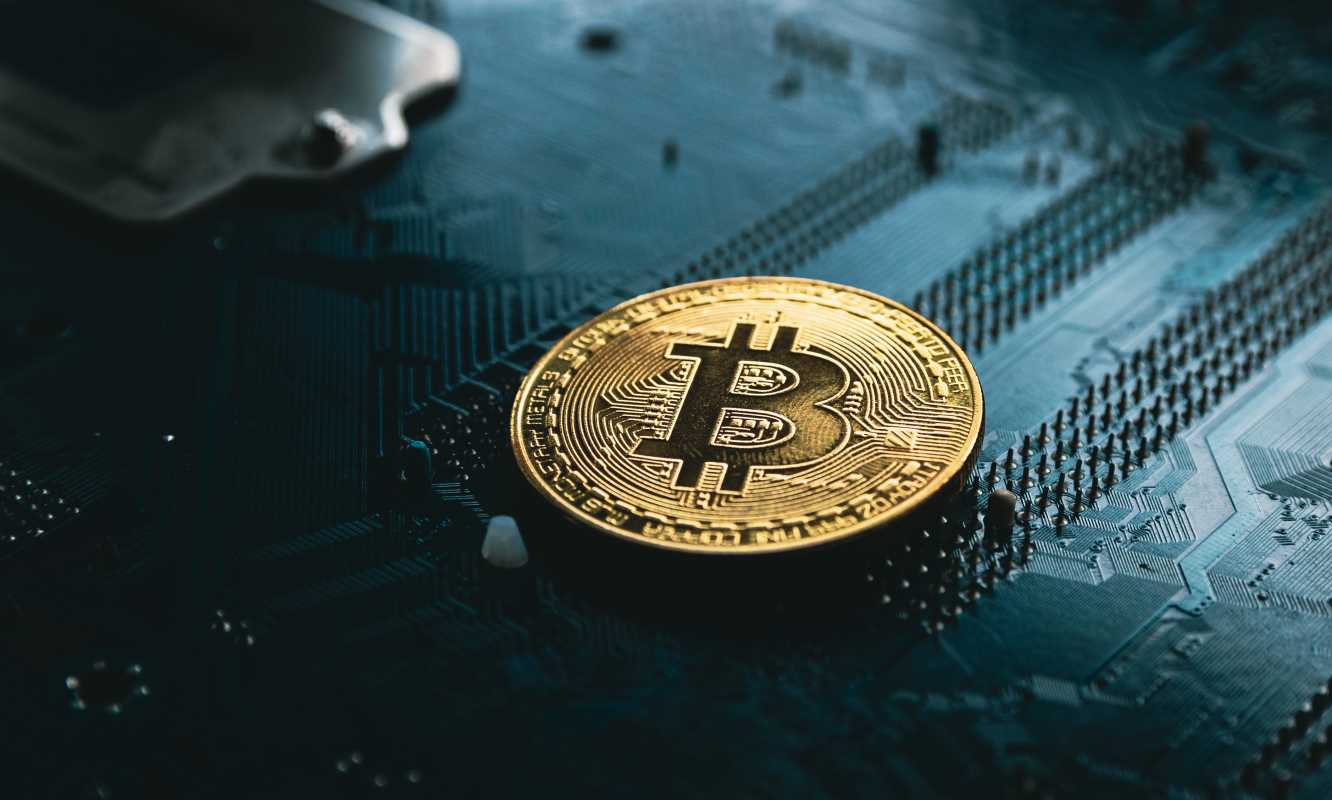The banking industry is poised for a significant transformation driven by decentralized finance (DeFi). As traditional financial institutions grapple with evolving customer expectations and technological advancements, DeFi emerges as a compelling alternative that promises to redefine financial services. This shift challenges established banking paradigms and opens new avenues for innovation and inclusion in the financial landscape.
Understanding Decentralized Finance (DeFi)
Decentralized finance, commonly known as DeFi, refers to a suite of financial applications built on blockchain technology that operate without traditional intermediaries like banks or brokerages. At its core, DeFi utilizes smart contracts—self-executing contracts with the terms directly written into code—to facilitate transactions and financial agreements autonomously.
The fundamental principles of DeFi include transparency, accessibility, and programmability. Blockchain technology’s open-source nature allows anyone to inspect and verify transactions, ensuring transparency. Accessibility ensures that financial services are available to anyone with an internet connection, eliminating barriers such as geographic location or credit history. Programmability refers to the ability to create complex financial instruments and applications that can interact seamlessly with each other, creating an ecosystem of interoperable financial products.
The Impact of DeFi on Traditional Banking
- Disintermediation: DeFi removes the need for intermediaries, potentially reducing costs and increasing efficiency in financial transactions.
- Increased Financial Inclusion: By providing access to financial services without traditional barriers, DeFi can serve underserved populations globally.
- Enhanced Transparency: The immutable nature of blockchain records ensures that all transactions are transparent and auditable.
- Innovation in Financial Products: DeFi enables the creation of novel financial instruments and services that can adapt quickly to market demands.
- Competition and Pressure on Traditional Banks: As DeFi solutions become more robust, traditional banks may face increased competition, prompting them to innovate and adapt.
Challenges and Opportunities of DeFi
- Regulatory Uncertainty: The lack of clear regulatory frameworks for DeFi poses risks and challenges for widespread adoption.
- Security Risks: Smart contracts and blockchain platforms have vulnerabilities and can face cyber-attacks, so they require robust security measures.
- Scalability Issues: As DeFi applications grow, ensuring that blockchain networks can handle increased transaction volumes becomes critical.
- Opportunities for Innovation: DeFi opens the door for developing new financial products and services that were previously unimaginable.
- Economic Empowerment: By democratizing access to financial services, DeFi can give individuals and communities more economic opportunities.
The Role of Technology in DeFi
Advancements in blockchain technology are the backbone of DeFi, enabling secure and transparent financial transactions without intermediaries. Smart contracts automate and enforce the terms of agreements, reducing the need for manual oversight and increasing efficiency. Innovations in decentralized applications (dApps) provide user-friendly interfaces for accessing a wide range of financial services.
Technology also plays a pivotal role in promoting entrepreneurship by providing the tools and infrastructure needed for startups to build and scale DeFi solutions. The integration of artificial intelligence and machine learning further enhances the capabilities of DeFi platforms, enabling more advanced financial products and personalized services.
Future Predictions for DeFi in Mainstream Banking
The integration of decentralized finance into mainstream banking is likely to speed up in the coming years. Traditional financial institutions will adopt DeFi technologies to enhance their service offerings, improve operational efficiency, and meet consumers' evolving demands. Collaboration between DeFi platforms and conventional banks could lead to hybrid financial systems that use the strengths of both centralized and decentralized models.
Regulatory developments will play a crucial role in shaping the future of DeFi. Clear and supportive regulations could encourage innovation while ensuring consumer protection and financial stability. As the DeFi ecosystem matures, we can anticipate greater interoperability between different blockchain platforms and an expansion of DeFi services, making them an integral part of the global financial system.
As decentralized finance continues to evolve, its impact on the banking sector becomes increasingly profound. The convergence of technology and finance in the DeFi space holds the promise of a more inclusive, transparent, and efficient financial system, therein reshaping the future of banking.







